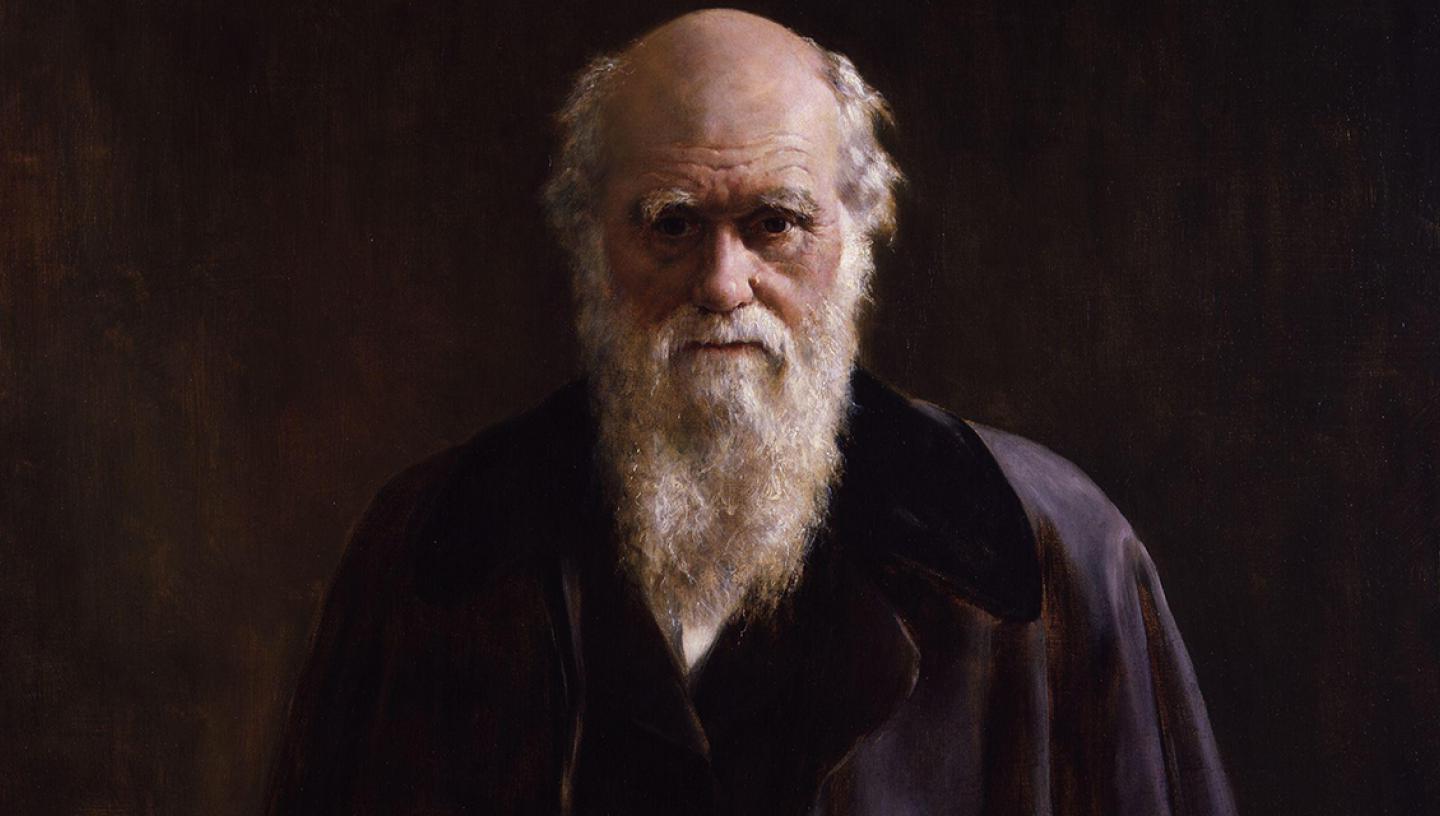
Who was Charles Darwin? Charles Darwin, the father of evolution, changed how we understand life on Earth. Born in 1809, he embarked on a voyage aboard the HMS Beagle, which led to groundbreaking discoveries. His observations of diverse species, especially on the Galápagos Islands, formed the basis of his theory of natural selection. Darwin's book, "On the Origin of Species," published in 1859, challenged existing beliefs and sparked debates that continue today. Beyond his scientific achievements, Darwin was a devoted family man, an avid gardener, and a prolific writer. Ready to dive into more intriguing facts about this remarkable scientist? Let's get started!
Early Life
Charles Darwin's early years shaped his future contributions to science. Here are some intriguing facts about his beginnings.
- Born on February 12, 1809, in Shrewsbury, England, Darwin was the fifth of six children.
- His grandfather, Erasmus Darwin, was a renowned physician and poet who also had evolutionary ideas.
- Darwin's mother, Susannah, died when he was just eight years old, leaving a significant impact on his childhood.
- He attended Shrewsbury School, where he showed more interest in collecting beetles than in his studies.
Education and Influences
Darwin's academic journey and the people he met along the way greatly influenced his scientific thinking.
- Initially, Darwin studied medicine at the University of Edinburgh but found it uninteresting and distressing.
- He then switched to studying theology at Christ's College, Cambridge, where he became fascinated with natural history.
- At Cambridge, he met John Stevens Henslow, a botanist who became his mentor and recommended him for the HMS Beagle voyage.
- Darwin was also influenced by geologist Charles Lyell, whose work on uniformitarianism shaped Darwin's ideas on gradual geological processes.
The Voyage of the Beagle
The HMS Beagle voyage was a pivotal moment in Darwin's life, providing him with the observations that led to his theory of evolution.
- Darwin embarked on the Beagle voyage on December 27, 1831, at the age of 22.
- The journey lasted nearly five years, during which Darwin collected numerous specimens and made detailed observations.
- He visited the Galápagos Islands, where he noted variations in species that later became crucial to his theory.
- Darwin's observations of finches with different beak shapes on the islands suggested adaptation to specific environments.
Developing the Theory of Evolution
After returning from the Beagle voyage, Darwin spent years developing his theory of evolution by natural selection.
- Darwin began writing his ideas in notebooks, which he called his "transmutation notebooks."
- He corresponded with other scientists, including Alfred Russel Wallace, who independently conceived a similar theory of natural selection.
- In 1858, Darwin and Wallace presented their findings jointly to the Linnean Society of London.
- Darwin published "On the Origin of Species" on November 24, 1859, which sold out on the first day.
Impact and Controversy
Darwin's theory of evolution had a profound impact on science and society, sparking both support and controversy.
- "On the Origin of Species" introduced the concept of natural selection, revolutionizing the understanding of biological diversity.
- The book faced opposition from religious groups who believed it contradicted the biblical account of creation.
- Despite the controversy, many scientists and intellectuals supported Darwin's ideas, leading to widespread acceptance over time.
- Darwin continued to refine his theory, publishing additional works such as "The Descent of Man" in 1871.
Personal Life and Legacy
Darwin's personal life and legacy are as fascinating as his scientific achievements.
- Darwin married his cousin, Emma Wedgwood, in 1839, and they had ten children together.
- He suffered from chronic illnesses, including gastrointestinal problems, which plagued him for much of his life.
- Despite his health issues, Darwin remained a prolific writer and researcher until his death.
- Darwin died on April 19, 1882, and was buried in Westminster Abbey, an honor reflecting his significant contributions to science.
- His work laid the foundation for modern evolutionary biology, influencing countless scientific disciplines.
- Darwin's ideas continue to be relevant, with ongoing research and discoveries building on his foundational theories.
- Numerous institutions, awards, and species have been named in his honor, cementing his legacy in the scientific community.
- Darwin's life and work have inspired countless books, documentaries, and films, ensuring his story remains well-known and celebrated.
Darwin's Legacy Lives On
Charles Darwin's contributions to science and our understanding of the natural world are nothing short of revolutionary. His theory of evolution by natural selection changed how we view life on Earth. Darwin's meticulous observations and groundbreaking ideas continue to influence biology, genetics, and even medicine. His work reminds us of the importance of curiosity, critical thinking, and challenging established norms.
Darwin's journey wasn't just about discovering new species; it was about uncovering the intricate connections between all living things. His legacy lives on in the countless researchers and scientists who build upon his theories. Whether you're a student, a scientist, or just someone curious about the world, Darwin's work offers endless inspiration. So next time you ponder the mysteries of life, remember Darwin's enduring impact and the doors he opened for future generations.
Was this page helpful?
Our commitment to delivering trustworthy and engaging content is at the heart of what we do. Each fact on our site is contributed by real users like you, bringing a wealth of diverse insights and information. To ensure the highest standards of accuracy and reliability, our dedicated editors meticulously review each submission. This process guarantees that the facts we share are not only fascinating but also credible. Trust in our commitment to quality and authenticity as you explore and learn with us.


